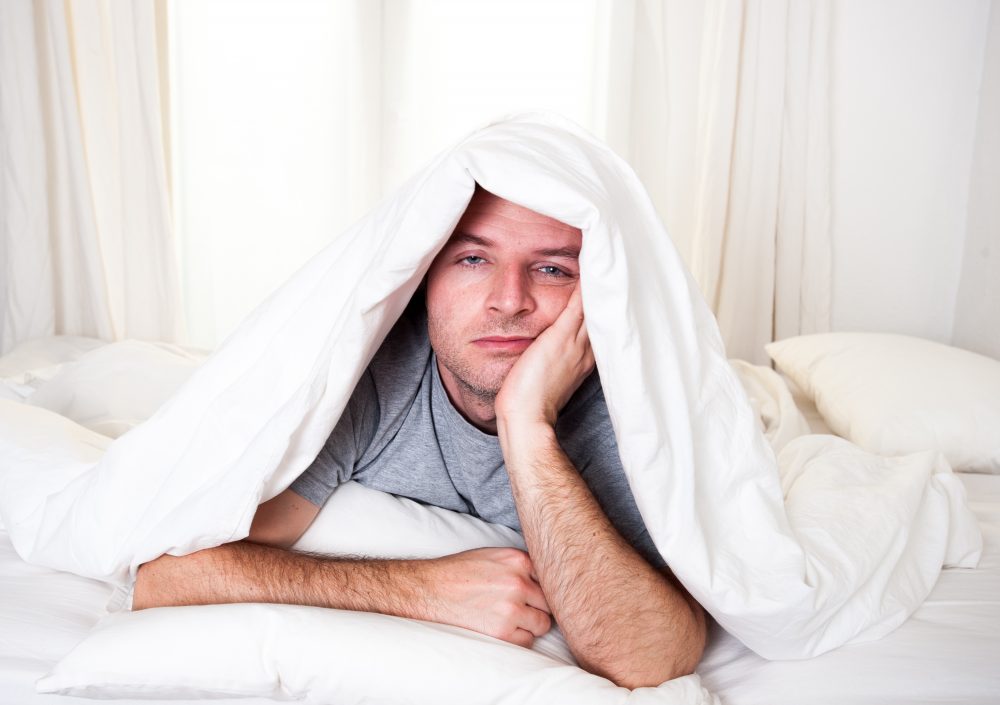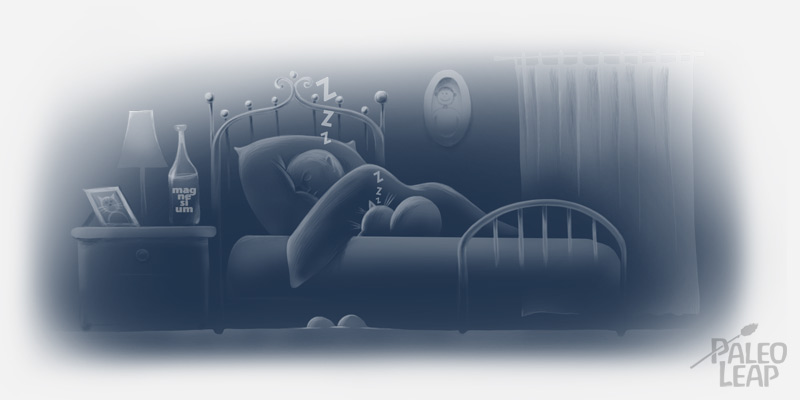
How many all-nighters are too many–your relationship with sleep
By Mary Thorpe, Fall 2016 graduate of William Paterson University, N.J.
As a young adult, I am told to enjoy college, because it, “doesn’t get much better than this.” The advice, however, prompts me to think the opposite: stress, hard times, and lack of sleep associated with the college years. Stress and sleep have a delicate relationship. Getting better sleep can go a long way in alleviating the affects extreme stress and sleep deprivation can have on mental health.
Stress and sleep in college students
Studies from the 2015 National College Health Assessment show that 30% of college students felt stress had a negative impact on their academic performance. A whopping 85% said that they have felt “overwhelmed by all they had to do” within the last twelve months. This goes to show that stress is a growing problem in the college community and will continue to grow if students do not learn how to cope with stress in effective ways.
With looming deadlines, huge assignments, and jobs to maintain, it seems that stress is almost inevitable. With all of this stress occurring in the college community, it comes with no surprise that students are having more and more trouble sleeping as a result. Research at Brown University found that approximately 11% of students report good sleep, while 73% report sleep problems.
The University of Michigan’s Campus Mind Works website supporting student health, said that these types of sleep problems can lead to a severely altered mental state, causing even more trouble in the academic area.
The relationship between sleep and health
Practicing psychiatrist of 20 years, Heidi A. Fowler, writes, “Chronic (long-term) stress can have real health consequences and should be addressed like any other health concern.”
There is no doubt that stress often occurs from the immense amount of responsibilities during the college years. A paper published by Notre Dame states that stress and pulling endless all-nighters can cause a ruthless cycle that causes grades to drop. With better sleep, students have a better focus on their work and a better sense of time management to do so.
Nature of Science and Sleep published an article finding that better sleep can improve depressive symptoms. The study also reports that 14.8% of students have had a diagnosis of depression, and as many as 11% have considered suicide. Such a statistic underscores the extreme consequences that stress can have on one’s body.
Overall, it seems as if the cycle of stress is never ending. Stress can cause lack of sleep, and lack of sleep severely impacts mental health and depression. This ultimately alters their relationships with others, with themselves, and with their outlook on school and work.
How to get better sleep
The good news is stress can be reduced by taking the right measures. There are ways to get better sleep and manage the cycle of stress.
Without sleep, stress increases. On the same note, stress can directly impact one’s sleeping habits, making it difficult to break the cycle. With this never-ending cycle of severe stress and little sleep, students need to be aware of the toll this takes not only on their mental health, but on their physical health as well.

Stress can muck up your sleep cycle. Photo courtesy of paleoleap.com
Tips for getting better sleep
provided by The Sleep Foundation
- Stick to a schedule
Wake up and go to bed around the same time each day. This will help regulate your body’s natural sleep clock and improve quality of sleep.
- Practice a bedtime ritual
Dim or turn off bright lights and practice a relaxing ritual to help you fall asleep easier.
- Assess your environment
Sometimes your bedroom itself could be the problem. Bedrooms should be kept cool—usually around 60 and 67 degrees. Eliminate any noises or lights that may negatively impact your quality of sleep. This includes snoring and cell phones!
- Get a comfortable mattress
Both mattresses and pillows should be comfortable and supportive. Make sure your mattress has not exceeded its life expectancy of 9 or 10 years!
Though college is a time of exploring new things and “never-ending fun,” it is also extremely vital to make sure we are treating our bodies, both physically and mentally, with the utmost care they need.



 Stress can cause sleeplessness. A busy mind is unable to rest and restore.
Stress can cause sleeplessness. A busy mind is unable to rest and restore.  Stress can cause sleeplessness. A busy mind is unable to rest and restore.
Stress can cause sleeplessness. A busy mind is unable to rest and restore.